Industry Sentiment Survey reveals energy costs as leading concern
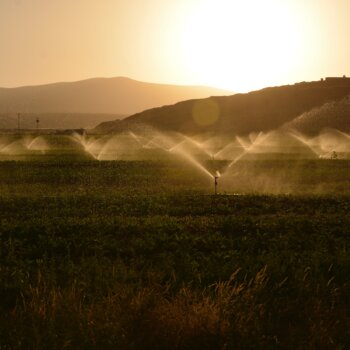
Energy costs, sustainability and skilled workforce development take the spotlight providing valuable insights for today's evolving business landscape
9 November 2023
In association with Klasmann-Deilmann
At the heart of every industry lies a tapestry of thoughts, concerns, and evolving trends. We invite you to look into the insights revealed by Growtrade.ie’s first ever Industry Sentiment Survey.
Growtrade.ie’s first ever Industry Sentiment Survey reveals respondents main area of business in the following: Horticulture (50%), closely followed by Landscape & Design (19%), Retail (15%), Sportsturf (5%) and Machinery (4%), while the “Other” category (7%) reflects a diverse range of specialisations, highlighting the survey’s comprehensive nature within the multifaceted horticultural sector.
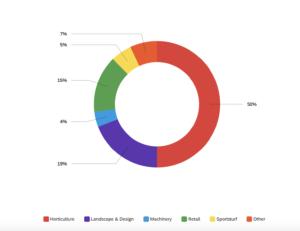
Comprising insights from 145 participants, the survey provides a comprehensive snapshot of varied perspectives. Participants were asked to rank the following issues, trends and topics that matter to their business, in order of importance from first to ninth: Careers and career development, e-commerce, energy costs, managing pests and disease, peat alternatives, retail price pressures, rising input costs/ cost of doing business, skills & staffing and Sustainability.
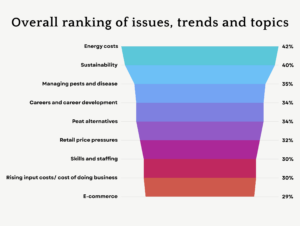
The overall results reveal that energy costs were placed at the top, with 42% of respondents considering them the most crucial concern. This can be attributed to the energy-intensive nature of horticultural operations, where temperature control, lighting, and other energy-related factors significantly impact production and overall costs.
Sustainability closely followed as the second most important issue at 40%, showcasing the industry’s increasing commitment to environmentally responsible practices. The third-ranking concern, managing pests and diseases at 35%, shows the agricultural and biological challenges that horticulturists frequently face, directly affecting their crop health.
Careers and career development, alongside peat alternatives, are equally considered the fourth most important issues, each garnering 34% of the respondents’ concern. This suggests that career growth and skill development within the horticulture field are of considerable significance, highlighting the need to attract and keep talent.
Retail price pressures come in at the fifth position, with 32% of respondents recognising the challenges in maintaining competitive pricing and market positioning.
The issues of skills and staffing (30%), rising input costs (30%), and e-commerce (29%), are identified as key matters, underlining the challenges faced by the horticulture sector. These results indicate the need for a well-rounded approach to address the factors impacting the industry’s growth and sustainability.
Horticulture (50%):
When examining the results for respondents who have identified themselves as being in the field of Horticulture, the most significant issues that emerge are as follows:
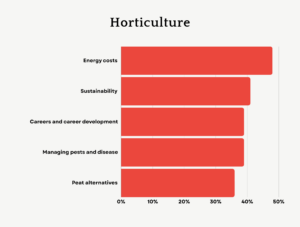 Energy Costs (48%): Energy costs are a pressing issue because horticulture heavily relies on controlled environments, requiring significant energy consumption. High energy costs can significantly impact profitability and make the sector less competitive.
Energy Costs (48%): Energy costs are a pressing issue because horticulture heavily relies on controlled environments, requiring significant energy consumption. High energy costs can significantly impact profitability and make the sector less competitive.
Sustainability (41%): The horticulture sector’s high ranking of sustainability reflects the industry’s awareness of the need for eco-friendly practices. This is important not only for reducing environmental impact but also for meeting consumer demands for green and sustainable products.
Managing Pests and Disease (39%): The challenge of managing pests and diseases is a critical issue as it directly affects crop health and quality. Effective pest control is essential to ensure a successful harvest and maintain product standards.
Careers and Career Development (39%): Educated workers are essential for the horticulture sector to thrive. The focus on careers and development reflects the industry’s commitment to growing and ensuring a skilled workforce is maintained for its future.
Peat Alternatives (36%): The horticulture industry’s interest in peat alternatives is indicative of a broader shift towards more sustainable and environmentally responsible sourcing practices. This concern is driven by both ecological considerations and consumer preferences for eco-friendly products.
Weit Rentes of Rentes Plants Ltd, exclusively told Growtrade.ie that he conducted a trial this year using peat free compost, and although it’s too early to draw firm conclusions from just one test, it seems like it’s possible to grow plants without using peat.
However, Rentes said: “I have to say that I am unsure of the sustainability of peat free, particularly if it was to be applied European wide. Costs are another factor, and with a large part of the components having to be imported from the other side of the world, these costs could vary widely and can not be controlled.”
Landscape & design (19%):
When examining the results for respondents who have identified themselves as being in the field of Landscape & Design, the most significant issues that emerge are as follows:
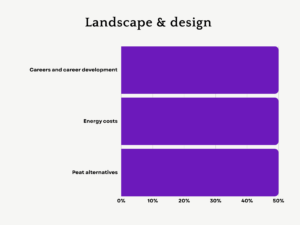 Careers and Career Development (50%): In the landscape & design sector, the emphasis on careers and career development is a reflection of the need for a skilled and qualified workforce. Landscaping and design projects require knowledgeable professionals and the industry seems to place this a high priority.
Careers and Career Development (50%): In the landscape & design sector, the emphasis on careers and career development is a reflection of the need for a skilled and qualified workforce. Landscaping and design projects require knowledgeable professionals and the industry seems to place this a high priority.
Energy Costs (50%): Energy costs are a top concern as landscape and design projects often involve lighting, irrigation, and other energy-intensive elements. High energy expenses can substantially impact project budgets, making it crucial for businesses to manage these costs efficiently.
Peat Alternatives (50%): The issue of peat alternatives in Ireland is a prominent environmental, agricultural and horticultural concern. Peat is a traditional and widely used material in Ireland for horticultural purposes, such as in gardening, landscaping, and agriculture. It has been harvested extensively from Ireland’s peat bogs for many years.
However, the use of peat has raised several environmental and sustainability concerns, leading to it becoming a hot topic. The Irish government has implemented policies and incentives to promote the use of peat alternatives and reduce peat extraction. These efforts are part of a broader strategy to shift towards more sustainable and environmentally friendly practices, aligning with international climate agreements.
Sportsturf (5%):
When examining the results for respondents who have identified themselves as being in the field of Sportsturf, the most significant issues that emerge are as follows:
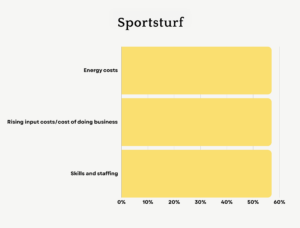 Energy Costs (57%): Energy costs are a paramount concern in the sportsturf sector as maintaining athletic fields, golf courses, and other sports surfaces often involves extensive irrigation and lighting. These energy-intensive practices significantly contribute to operational expenses, and controlling energy costs is crucial for the sector’s financial sustainability.
Energy Costs (57%): Energy costs are a paramount concern in the sportsturf sector as maintaining athletic fields, golf courses, and other sports surfaces often involves extensive irrigation and lighting. These energy-intensive practices significantly contribute to operational expenses, and controlling energy costs is crucial for the sector’s financial sustainability.
Rising Input Costs/Cost of Doing Business (57%): The sportsturf sector’s strong emphasis on rising input costs and the overall cost of doing business reflects the industry’s financial challenges. Expenses related to materials, equipment, and labour can strain budgets, and the sector is grappling with the need to manage these increasing costs to remain competitive.
Skills and Staffing (57%): The focus on skills and staffing indicates the sector’s need for a proficient and adequately staffed workforce. Well-trained employees are essential for maintaining sports surfaces, and skill shortages can directly impact the quality and safety of playing fields.
Machinery (4%):
When examining the results for respondents who have identified themselves as being in the field of Machinery, the most significant issues that emerge are as follows:
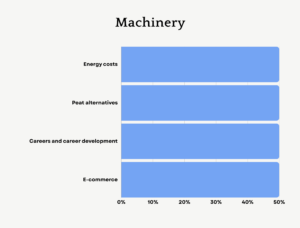 Energy Costs (50%): Manufacturing and operation of machinery often involve significant energy consumption. High energy costs can significantly impact operational expenses, making efficient energy management a critical aspect of cost control.
Energy Costs (50%): Manufacturing and operation of machinery often involve significant energy consumption. High energy costs can significantly impact operational expenses, making efficient energy management a critical aspect of cost control.
Peat Alternatives (50%): Peat alternatives reflects a broader industry trend towards sustainable and eco-friendly sourcing practices. The adoption of peat alternatives aligns with the growing emphasis on reducing environmental impact and transitioning to more environmentally responsible manufacturing processes.
Careers and Career Development (50%): The emphasis indicates the sector’s need for a skilled and qualified workforce. The manufacturing and operation of machinery requires trained labourers, and the industry places a high priority on nurturing the future workforce.
E-commerce (50%): E-commerce is a significant concern in the Machinery sector, reflecting the growing trend towards digitalisation and online sales. Companies in this sector are recognising the importance of adapting to digital market expansion to stay competitive and reach a broader customer base. This concern highlights the industry’s need to enhance its online presence and sales strategies.
The Industry Sentiment Survey offers valuable insights into the distinct concerns and priorities of the various sectors. The results highlight a common thread of energy costs as a recurring challenge, reflecting the critical role of energy in diverse industries. Additionally, the increasing emphasis on sustainability and eco-friendly practices underscores a broader industry shift towards environmental responsibility.
The shared focus on careers and professional development across sectors signifies a collective need for a skilled workforce, likely influenced by a competitive labour market and a desire to nurture talent. These findings shed light on the evolving landscape of each industry, providing a foundation for informed decision-making and strategic planning in the face of unique challenges and opportunities.
Sponsored by Klasmann-Deilmann ‘we make it grow’



 Print
Print
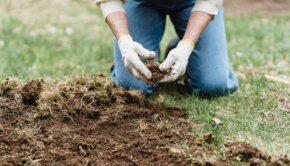

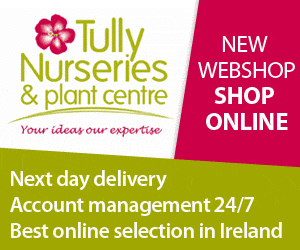
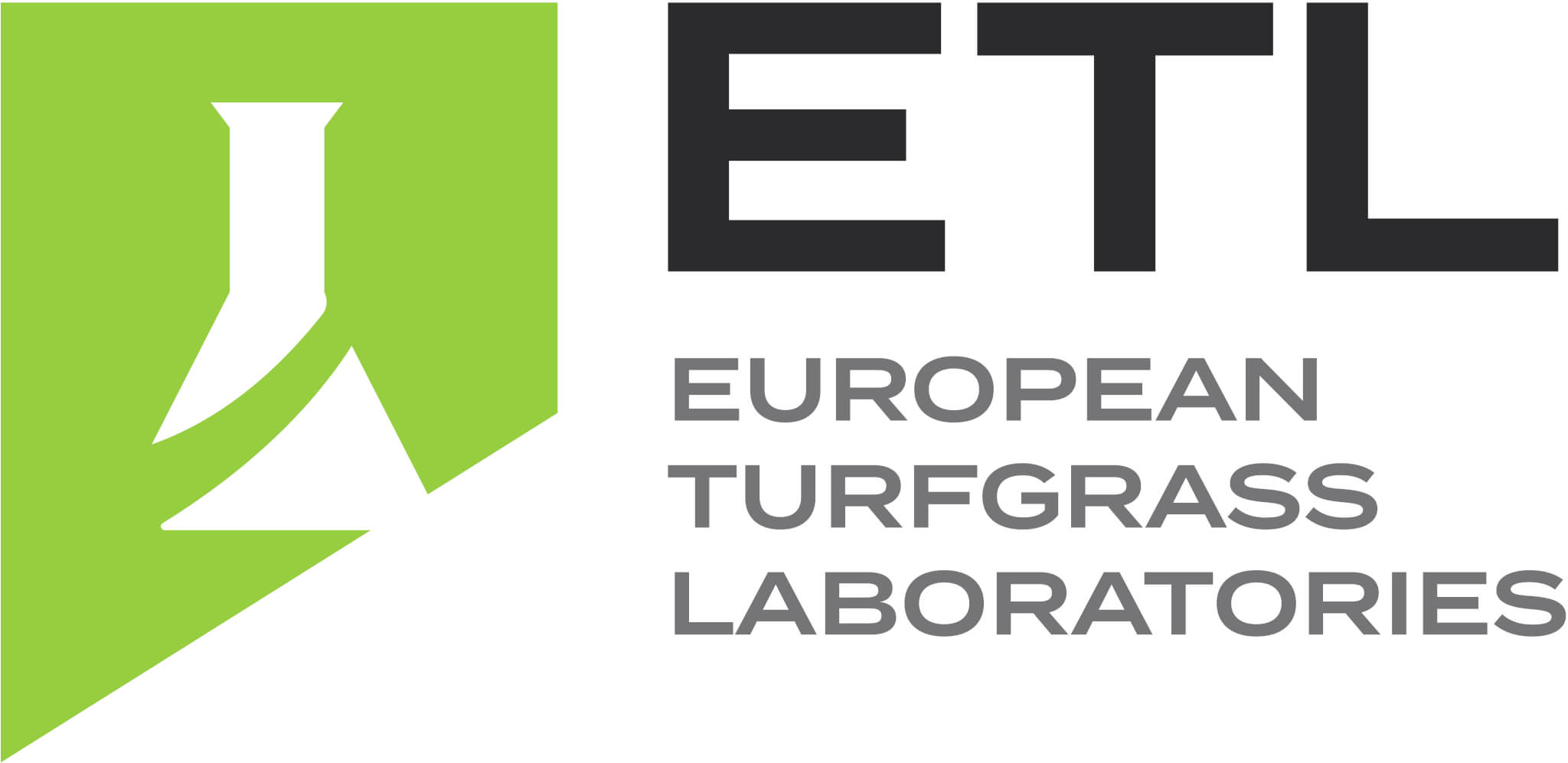
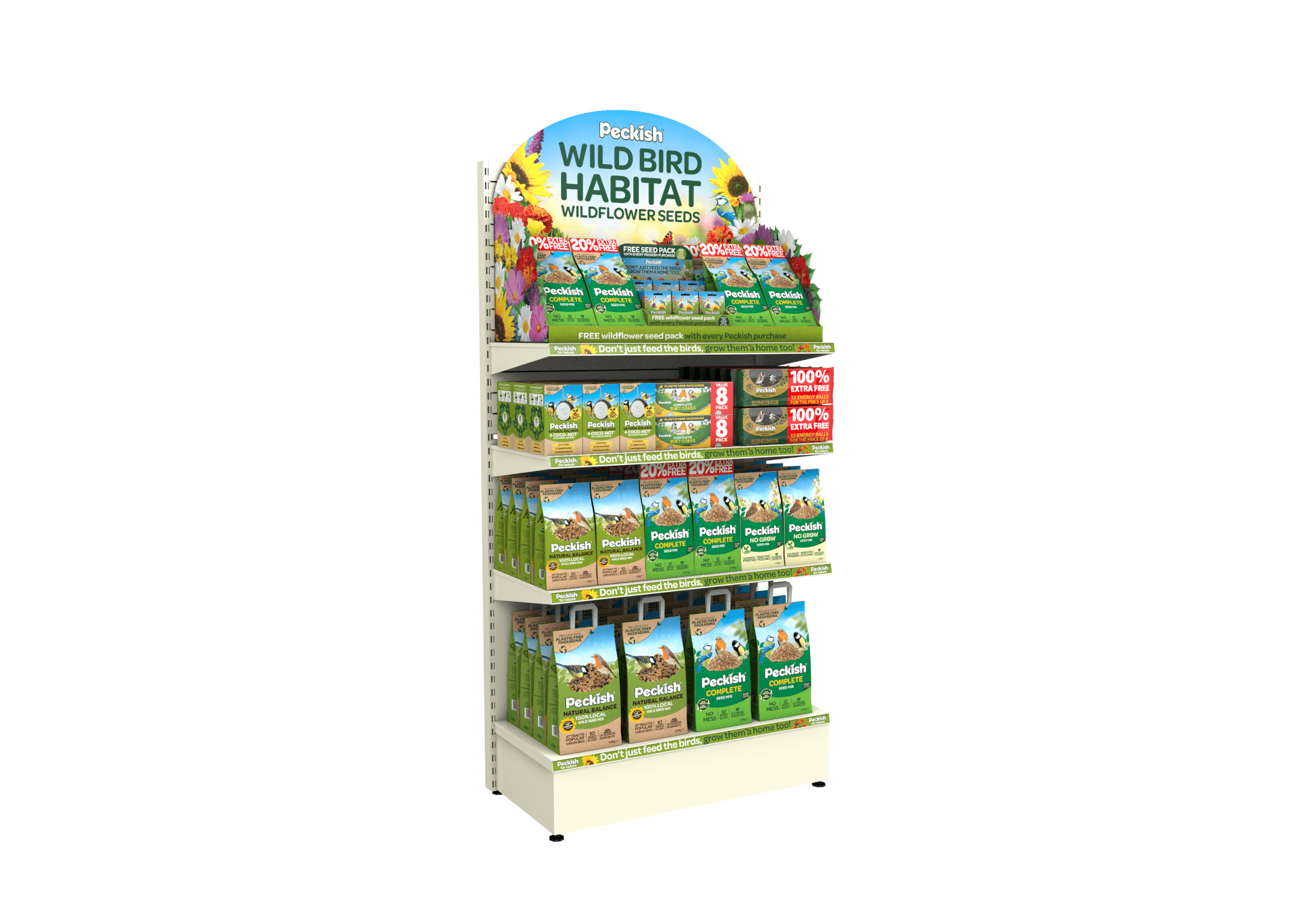
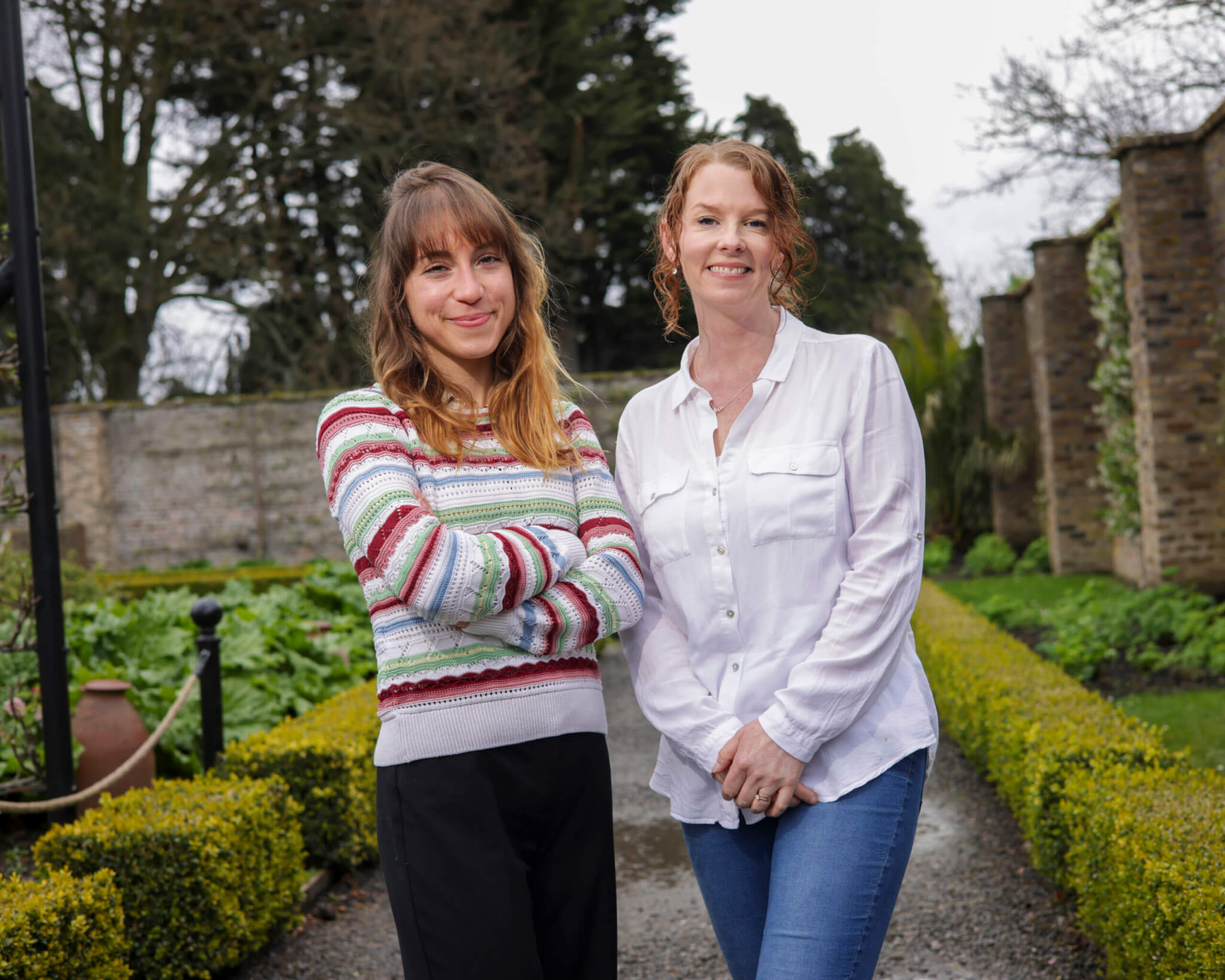
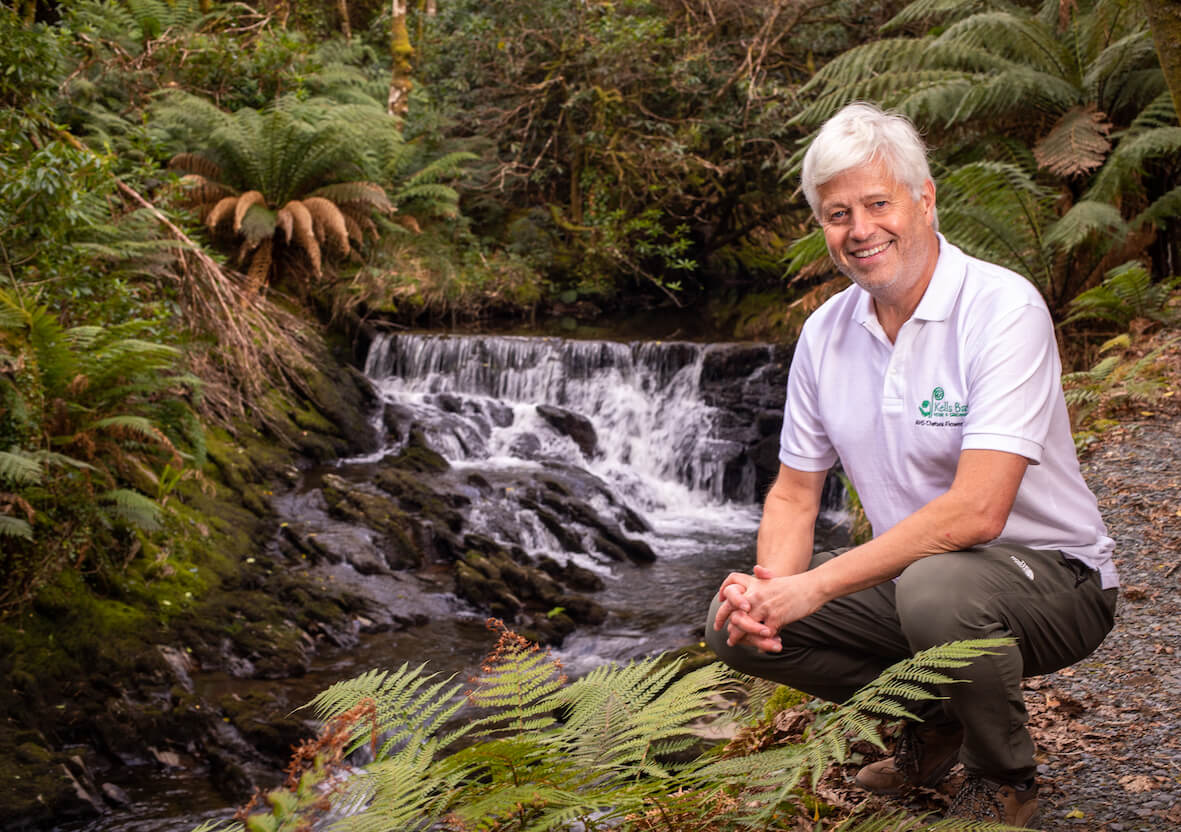
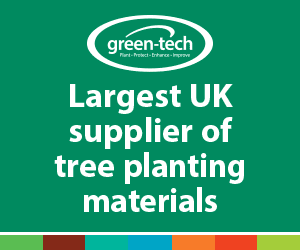

Fans 0
Followers